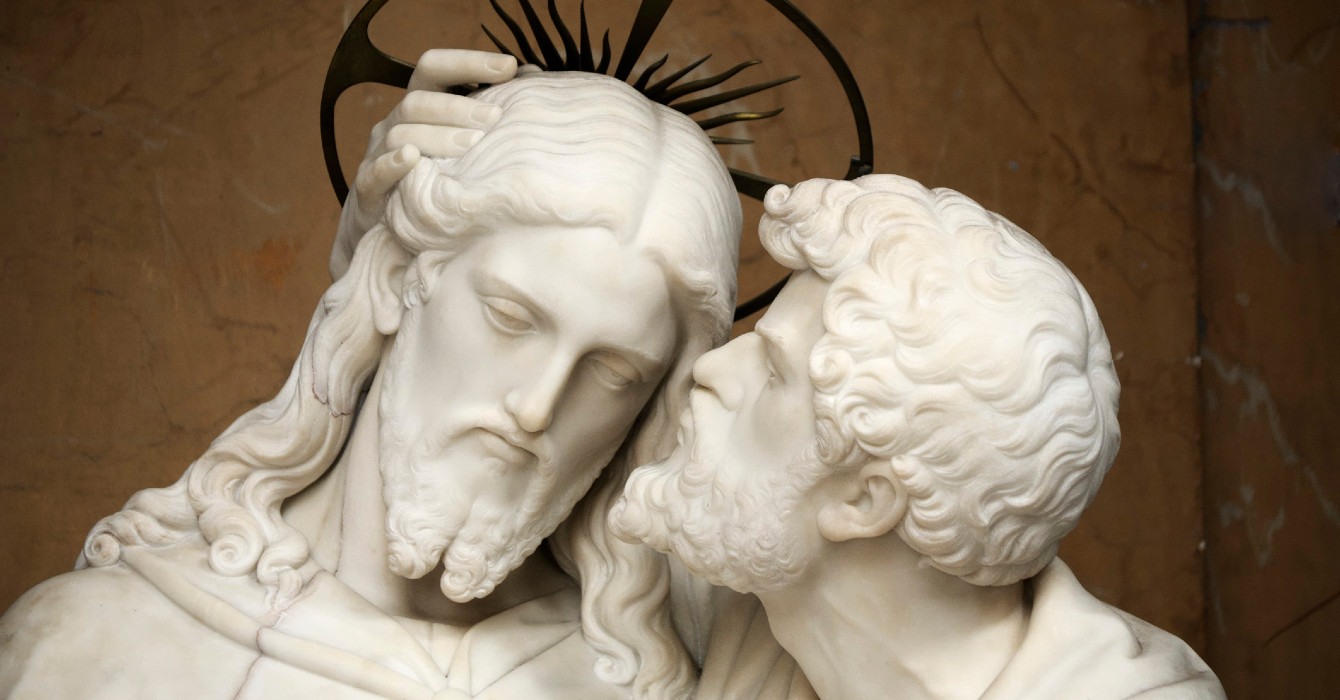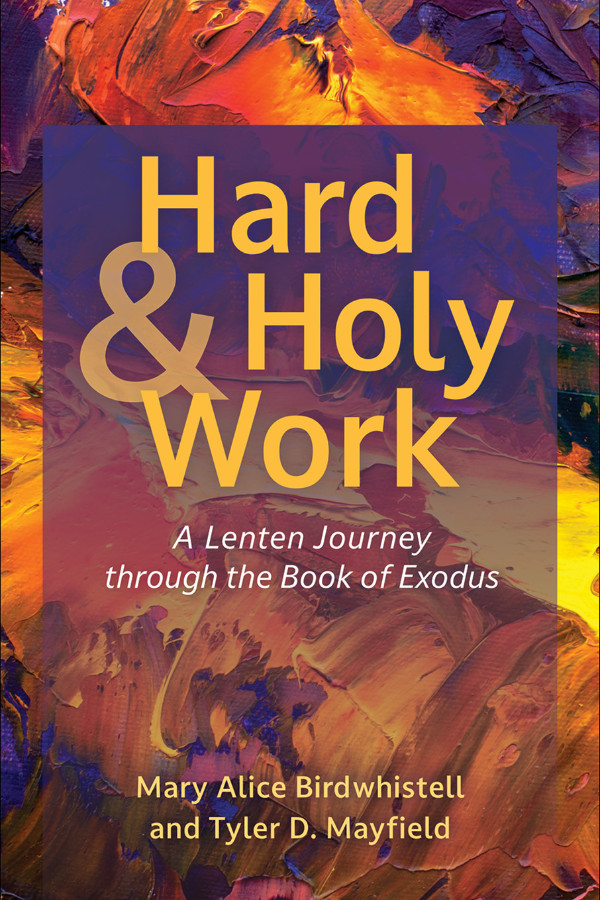I have always been drawn to Judas. Others find a connection with Moses, David or Mary, but my curiosity is captivated and challenged by the mysterious and enigmatic Judas. He jumps out of the story and into my imagination, leading me to wonder whether there was more to him than the Gospels tell us.
What if there is more that Judas could teach us? What if Judas has a message that could save our lives and protect the well-being of the communities we serve as Christian leaders? Perhaps there is something that Judas can teach us if we lean forward and forgive him.
I know how challenging it may be to forgive someone like Judas. The Christian tradition, built on the values of forgiveness and reconciliation, has yet to make peace with the betrayer of Jesus, the evil of Judas’ actions compounded by his role as a disciple. We all have wondered what Jesus and his ministry would have become had he not been sold for 30 pieces of silver. What would drive a disciple to the point of betrayal?
Forgiving Judas may first require us to empathize with him. Each Gospel writer paints him as someone who grew discontented and disillusioned with the Jesus movement. Unable to reconcile the demands and trajectory of Jesus’ ministry with his personal priorities, wishes, beliefs and obligations, Judas reached a breaking point.
Tensions between Jesus and Judas boiled over in a disagreement about a bottle of expensive perfume. Jesus’ “wastefulness” of this gift was a sign to Judas that their priorities were misaligned. It confirmed his suspicion that he and Jesus really weren’t on the same page anymore, even if Judas’ intentions for the money weren’t pure, as John’s Gospel suggests.
Judas needed his time with Jesus to come to an end. But how? I believe that Judas’ act wasn’t solely because “Satan entered him,” as Luke reports, but because sabotaging is what we do when we most desperately long to be free of the burdens wearing us down into burnout and exhaustion.
In many ways, Judas symbolizes the challenges faced by contemporary ministry leaders. How often do we as leaders find ourselves at the crossroads of commitment and exhaustion, questioning the alignment of our journeys with our initial visions? How often do leaders push through seasons of burnout, ignoring our needs to care for others? Could there be a little bit of Judas in all of us?
A disappointed Judas?
A tired Judas?
A disgruntled Judas?
A jealous Judas?
A mad Judas?
A Judas who just doesn’t want to do this anymore?
The truth is that there is a little bit of Judas in all of us, and when we neglect to deal with seasons of weariness, discontent and disillusionment, we too can become saboteurs.
Ministry leaders, clergy and lay, would do well to heed the cautionary tale of Judas. He shows us that unaddressed burnout is an individual struggle that can threaten the collective mission. It is important to remember that the well-being of our communities is inherently tied to the health of their leaders.
Ignoring personal well-being not only jeopardizes our effectiveness but also undermines the foundation and security of the communities we serve. Addressing burnout, therefore, becomes not only a personal responsibility but a strategic imperative for the sustainability and vitality of the community as a whole.
Implementing practices that prioritize self-care; promoting open dialogue about mental, emotional and physical health; and fostering a culture of support within communities are crucial steps toward mitigating all the risks associated with burnout and ensuring that the community endures and thrives.
How, then, do we address our burnout in healthy ways? Perhaps Lent can help leaders do this type of work.
Lent, a period of reflection and self-examination, offers a framework for introspection, and it invites leaders to confront our limitations, reassess our priorities, and embark on journeys of renewal and rest. Lent isn’t about giving up our favorite indulgences; instead, Lent challenges us to do the work our souls need for rejuvenation and transformation.
For example, fasting, traditionally associated with self-discipline, can extend beyond abstaining from physical nourishment or pleasure to include a deliberate detachment from the burdensome expectations and pressures that cause burnout. Discerning patterns of overcommitment, unrealistic expectations and unsustainable practices and distancing ourselves from them allows for recalibration and the clarity needed to focus on the issues that matter. Who wouldn’t want to fast from what causes us the most stress?
Additionally, Lent calls us to the wilderness of our lives in order to reflect. It gives us the space to pause, step back and contemplate our trajectories. Burnout happens when our actions become out of sync with our core values. Reflection prompts us to evaluate whether our actions and priorities align with our values and offers us ways to realign with what matters.
Reflection also helps us to see the areas in which we need improvement as well as to recognize and celebrate the areas in which we are excelling. Lent encourages a holistic reflection and evaluation of our journeys and encourages gratitude and celebration for progress. This can help motivate leaders to continue pursuing our purpose with renewed vigor.
Finally, Lent is not a solitary pilgrimage. Although it helps us focus on our well-being, Lent should also remind leaders that we are not alone in our journeys. Lent is a communal pilgrimage undertaken by a community of believers bound together by a shared commitment to faith, self-improvement and wellness.
We shouldn’t do this journey by ourselves. When we live in silos, we allow isolation and loneliness to exacerbate our fears in leading. But Lent invites us to see that there is a community willing to support and nurture leaders as we address the factors leading us to burnout. Lent allows us to forge bonds of mutual support with other leaders on similar journeys. And as the journey continues, these bonds become a source of strength, encouragement and accountability.
There is a little bit of Judas in all of us, and if not checked, it will cause us to sabotage and destroy the communities we hold dear. By living fully into Lent, we support our success and the success and well-being of the communities we serve.
The truth is that there is a little bit of Judas in all of us, and when we neglect to deal with seasons of weariness, discontent and disillusionment, we too can become saboteurs.
























